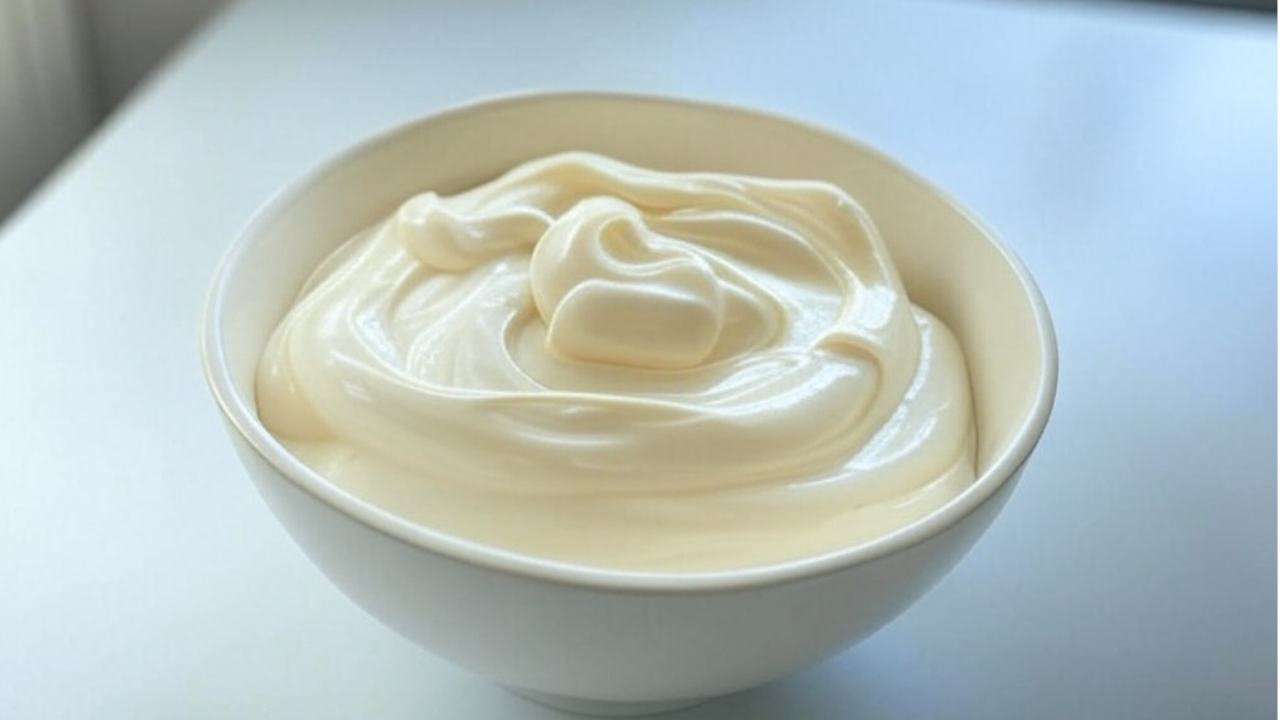Tamil Nadu Bans Raw Egg Mayonnaise Over Public Health Fears


Web desk
Published on Apr 24, 2025, 02:48 PM | 3 min read
Chennai: In a decisive move aimed at safeguarding public health, the Tamil Nadu government has imposed a one-year ban on the production, storage, distribution, and sale of mayonnaise made from raw eggs across the state. The ban, effective from April 8, was enacted under Section 30(2)(a) of the Food Safety and Standards Act, 2006.
The decision, formalized through an official gazette notification by R. Lalvena, Principal Secretary and Commissioner of Food Safety, follows mounting evidence linking raw egg-based mayonnaise to serious health risks. Commonly served as a dressing or side with popular fast food items such as shawarma, sandwiches, and mandi rice, the condiment has drawn scrutiny for its potential to harbor harmful pathogens, especially when prepared and stored under unhygienic conditions.
Food safety authorities revealed that several food business operators across the state were using raw eggs in mayonnaise without following basic hygiene protocols. This negligence significantly raises the risk of contamination by harmful bacteria, including:
Salmonella typhimurium and Salmonella enteritidis – These bacteria are commonly found in raw eggs and are known to cause severe gastrointestinal illnesses. Symptoms typically include diarrhea, fever, abdominal cramps, and vomiting. In severe cases, the infection can spread beyond the intestines, posing life-threatening risks.
Escherichia coli (E. coli) – Some strains of E. coli can lead to hemorrhagic colitis and, in rare cases, hemolytic uremic syndrome (HUS), a serious condition that may result in kidney failure.
Listeria monocytogenes – Particularly dangerous for pregnant women, the elderly, and those with weakened immune systems, Listeria infections can lead to miscarriage, stillbirth, or severe neonatal illness.
The state's warm and humid climate further compounds the danger, creating ideal conditions for bacterial growth when foods like mayonnaise are left unrefrigerated or exposed to heat. Officials emphasized that unless stringent safety protocols are followed, raw egg-based condiments can become vehicles for foodborne diseases.
In addition to microbial risks, there are nutritional concerns also. Mayonnaise is a calorie-dense product—containing around 90 to 100 calories per tablespoon—primarily from fats. Made with oils high in omega-6 fatty acids such as soybean or sunflower oil, it can contribute to weight gain, elevated cholesterol levels, and inflammation if consumed excessively and without dietary balance.
The Food Safety Department has urged consumers to remain vigilant, particularly when purchasing mayonnaise-based foods, and to check product labels and preparation methods. Restaurants and food vendors have been directed to transition to safer alternatives, such as mayonnaise made from commercially pasteurized eggs or entirely eggless versions.
Strict enforcement measures are expected, with intensified inspections across the state to ensure compliance. Offenders may face legal action and penalties under the Food Safety and Standards Act. The ban will remain in place until April 7, 2026, unless revised earlier based on improved safety measures or adherence to hygiene standards.










0 comments